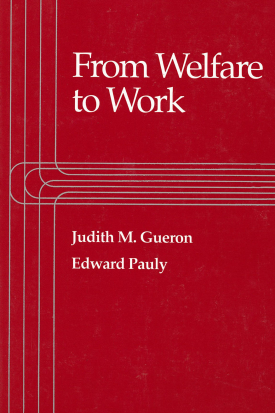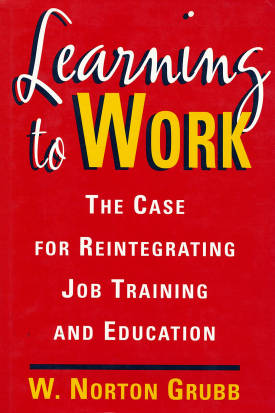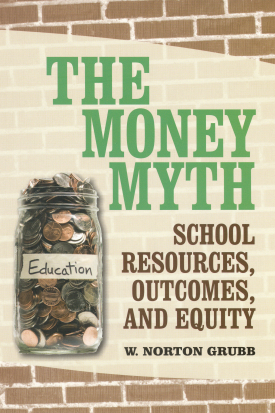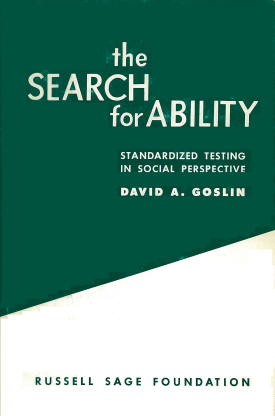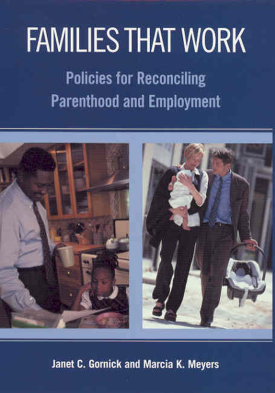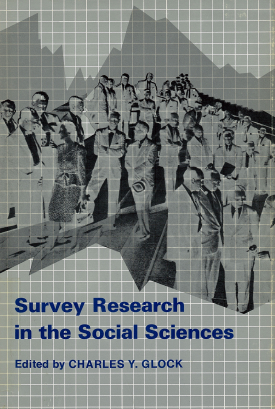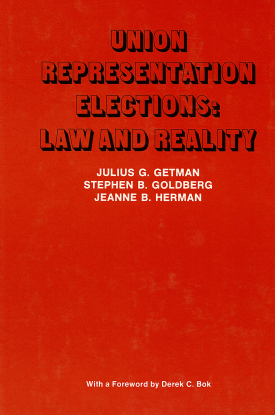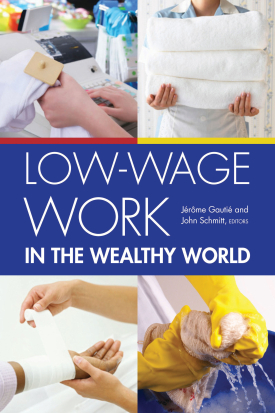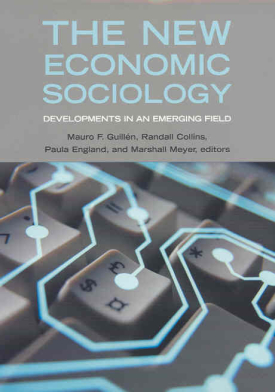
The New Economic Sociology
About This Book
As the American economy surged in the 1990s, economic sociology made great strides as well. Economists and sociologists worked across disciplinary boundaries to study the booming market as both a product and a producer of culture, tracing the correlations they saw between economic and social phenomena. In the process, they debated the methodological issues that arose from their interdisciplinary perspectives. The New Economic Sociology provides an overview of these debates and assesses the state of the burgeoning discipline. The contributors summarize economic sociology's accomplishments to date, identifying key theoretical problems and opportunities, and formulating strategies for future research in the field.
The book opens with an introduction to the main debates and conceptual approaches in economic sociology. Contributor Neil Fligstein suggests that the current resurgence of interest in economic sociology is due to the way it brings together many sociological subdisciplines including the study of markets, households, labor markets, stratification, networks, and culture. Other contributors examine the role of economic phenomena from a network perspective. Ron Burt, for example, demonstrates how social relationships affect competitive dynamics in the marketplace. A third set of chapters addresses the role of gender in economic sociology. In her chapter, Barbara Reskin rethinks conventional notions about discrimination and points out that the law only covers one type of discrimination, while in recent years social scientists have uncovered other forms of hidden discrimination, which must be addressed as well. The New Economic Sociology also addresses the problem of economic development and change from a sociological perspective. Alejandro Portes and Margarita Mooney elaborate on one of the key emerging concepts in economic sociology, arguing that social capital—as an attribute of communities and regions—can contribute to economic and social well-being by fostering collaboration and entrepreneurship.
The contributors concur that economic action must be interpreted through the cultural understandings that lend it stability and meaning. By rendering these often complex debates accessible, The New Economic Sociology makes a significant contribution to this still rapidly developing field, and provides a useful guide for future avenues of research.
MAURO F. GUILLÉN is associate professor of management at the Wharton School and associate professor of sociology, University of Pennsylvania.
RANDALL COLLINS is professor of sociology, University of Pennsylvania.
PAULA ENGLAND is professor of sociology, Northwestern University.
MARSHALL MEYER is professor of management and sociology at the University of Pennsylvania.
CONTRIBUTORS: James N. Baron, Denise D. Bielby, Wililam T. Bielby, Ronald S. Burt, Paul DiMaggio, Susan Eckstein, Neil Fligstein, Mark Granovetter, Michael T. Hannan, Greta Hsu, Ozgecan Kocan, Margarita Mooney, Alejandro Portes, Barbara F. Reskin, Harrison C. White, Viviana A. Zelizer.

